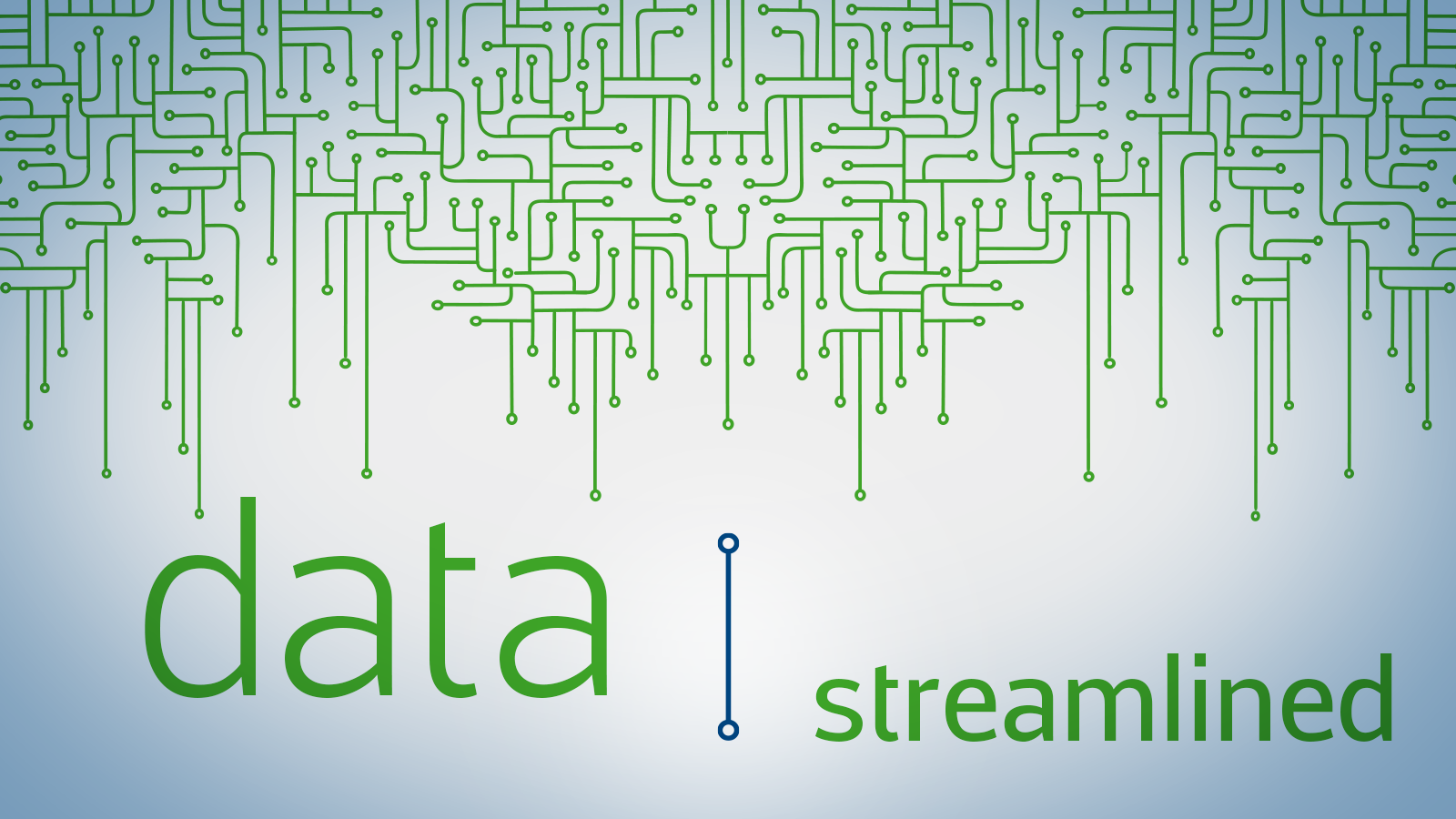.png?width=570&height=650&name=Untitled%20design%20(25).png)
The challenge Disparate supplier data
For one business process lead who spearheaded the implementation of his company to PLM for Manufactures (Devex) more than six years ago, the supplier portal aspects of Trace One's solution was just as obvious as the problem. This company adopted PLM for Manufactures (Devex) for the common drivers of PLM. “Nothing was in any kind of database,” he told the crowd at the Trace One 2019 User Conference. “Everything was managed manually. Some people kept data in an email folder they’d created, but that data never found the people in R&D who needed it. Everything was fragmented. There wasn’t a single source of truth. It was all over the place.”
.png?width=570&height=650&name=Untitled%20design%20(30).png)
The solution Leveraging portal technology to standardize supplier onboarding
Having created that single source of truth in PLM for Manufactures (Devex), the company still relied on manual processes to manage supplier data. However, an increasing number of internal and external requests for information about the supply chain made tackling that inefficiency a priority.
Naturally, he said, he wanted a system that would integrate with PLM for Manufactures (Devex). Trace One's SCP became the logical choice. “We already had our product developers and our FSQ people working in PLM for Manufactures (Devex),” he said, “SCP was compatible with our legacy data. We wanted that central repository.”
.png?width=570&height=650&name=Untitled%20design%20(31).png)
The Outcome Streamlining and consolidating supplier data
The benefits of SCP became obvious when comparing the previous processes the company used to gather nutritional data from suppliers. “Sometimes we’d get information from suppliers that didn’t seem quite right,” the PM said. “Turns out they were using different rounding rules than we were.”
SCP solved this problem with standardized questionnaires, one of the key components of the system. Questionnaires and forms can be sent directly to suppliers, and can also be customized so that supplier data entry always comes in in the proper format. “By having suppliers put the information into the questionnaire where we’ve got our calculations already set up, we trust the information that we’re getting,” he said.
The power of harmonized data
"The biggest win — and I don’t think we realized how big a win it was going to be — is the efficiency with which we manage all that data now. Prior to SCP, everything was stored in disconnected desktop computers, making a particular piece of information hard to find when it was needed — such as allergen information required for an audit. Just having that information at our fingertips… that’s pretty cool stuff — pretty powerful."
.png?width=570&height=650&name=Untitled%20design%20(28).png)
Ease of use Dashboards and approvals
The SCP dashboard shows the status of all the questionnaires waiting for review, including which ones are still awaiting suppliers’ attention, if they’ve already started and how much of the questionnaire has been completed. "This gives you a nice snapshot as to where you are, what activities are you working on, what you should probably check out. If there’s a critical ingredient you’re trying to bring on board, for example, you can check the status of that right from the dashboard,” he said.
The dashboard also has a search function, which is handy for quickly reviewing allergen data, this company’s process lead said. “You can add expiration dates to files,” he continued. “Enter an expiration date, and you’ll get a notification beforehand notifying you that the audit is coming due. That’s how you manage the relationship with the supplier. You’re not always scrambling to get information.”

.png?width=570&height=650&name=Untitled%20design%20(17).png)
Data at your fingertips Instant, searchable supplier data
“The supplier portal system works really well when you’re going back and forth with a supplier and trying to resolve questions,” the PM said. “If a supplier mentions that there are peanuts in their manufacturing facility, you can ask questions like ‘how close is this to where we’re manufacturing products?’ Makes it kind of interactive.” He also noted the ability of the supplier portal to track changes so a person from R&D and someone from FSQ can collaborate through the same mechanism.
.png?width=570&height=650&name=Untitled%20design%20(20).png)
The Benefits Process efficiency and collaboration
“The biggest win—and I don’t think we realized how big a win it was going to be—is the efficiency with which we manage all that data now,” the process lead said. Prior to SCP, everything was stored in disconnected desktop computers, making a particular piece of information hard to find when it was needed—such as allergen information required for an audit. Just having that information at our fingertips…that’s pretty cool stuff—pretty powerful.”
To date, the PM has over 80 suppliers onboarded to SCP. The process lead concludes, “It’s been a success, but we’re not finished yet. Our packaging engineers have seen what the folks in FSQ and R&D are doing with the ingredients side and they’re hungry for it themselves. They want to make all their drawings and specifications searchable. That’s what’s coming up next for us.”
